Why Do Cats Hate Closed Doors?
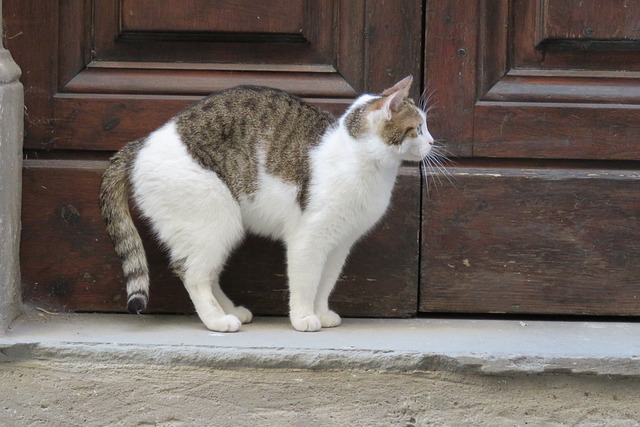
Ever wondered why your furry friend goes into a frenzy whenever a door is closed?
Maybe it's the way they scratch and meow that drives you up the wall. 🙀
Today's guide will shed light on this puzzling behavior.
Ready to unravel the mystery?
Let's dive in now!
Understanding the Motivations Behind This Behavior
Frustration and Attention-Seeking
Cats can be quite the characters. They might scratch at closed doors out of frustration.
When a door is closed, they feel restricted and worried about their next meal. It's like feeling hangry and trapped - not a great combination!
The Territorial Mindset
Imagine your cat strutting around, thinking they own the place (which, let's be honest, they pretty much do).
Closed doors are seen as an insult to their authority.
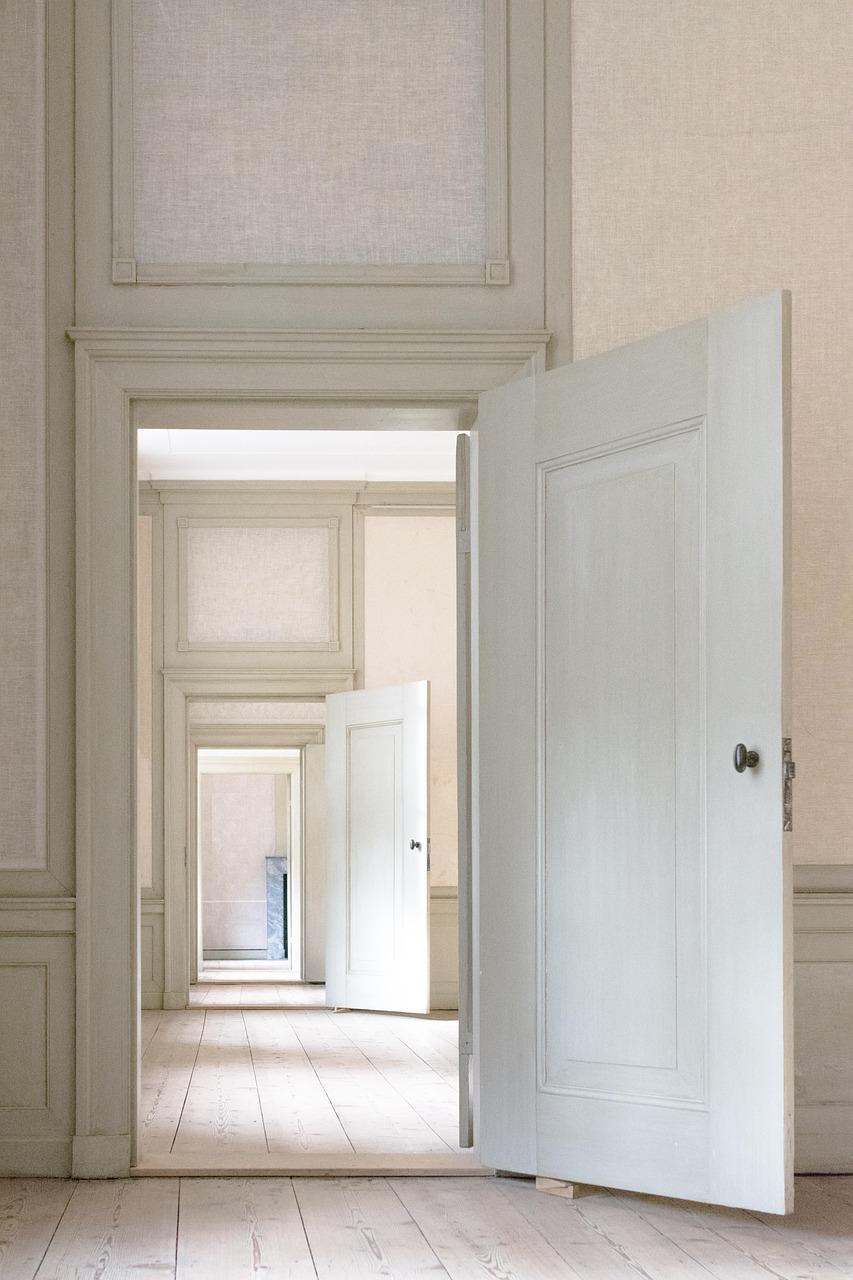
So when a door closes, it triggers something deep inside them. They express their displeasure through vocalizations or scratching, demanding attention.
Cats have a way of making their demands known!
Bathroom Symphonies
We've all experienced this - taking a relaxing shower and suddenly hearing meows outside the closed bathroom door. What gives?
Well, cats are curious creatures. They hate being left out and want to know what's happening on the other side.
When they hear running water or see steam, it triggers their curiosity. That's why they start creating their unique rendition of a shower symphony.
It's adorable but slightly annoying at the same time.
Main points I'll expand upon further down this article:
- Cats dislike closed doors because they are curious creatures and want to explore.
- Closed doors disrupt a cat's territorial behavior and can cause frustration.
- Cats meow or scratch at closed doors because they want to be close to their owners.
- Closing bedroom doors can cause cats to exhibit separation anxiety and disrupt sleep.
- Cats may scratch or meow to be let out of closed rooms due to loneliness or boredom.
- Proper training and creating a positive environment can help cats accept closed doors.
- Keeping doors open around the house can contribute to a happier and healthier cat.
- There are ways to peacefully close doors despite a cat's protest.
- Watch for signs of protest, such as meowing, scratching, and fidgeting.
- Cats may particularly protest front or back doors when their owners go out.
And here's the intriguing part...
Cats Are Too Curious to Not Know What’s Happening
- Cats are born explorers.
- They meow or scratch at closed doors to get in and out.
- Closed doors make them feel trapped, limiting their options.
- Cats want the freedom to go between different rooms.
- Being behind closed doors means they might miss out on what's happening with their family.
- Cats meow and scratch out of curiosity, seeking information.
- Their curiosity extends to knowing what's happening on the other side of that closed door. 😺
- With open doors, cats can access their essentials whenever they need.
- Closed doors prohibit cats from exploring certain areas.
- Noises and smells behind closed doors trigger their curiosity, so they investigate.
- Open doors let cats be part of family activities and join their owners.
- Cats value the freedom to choose where they want to be.
And now, let's delve deeper into the reasons why closed doors can be particularly vexing for our feline friends.
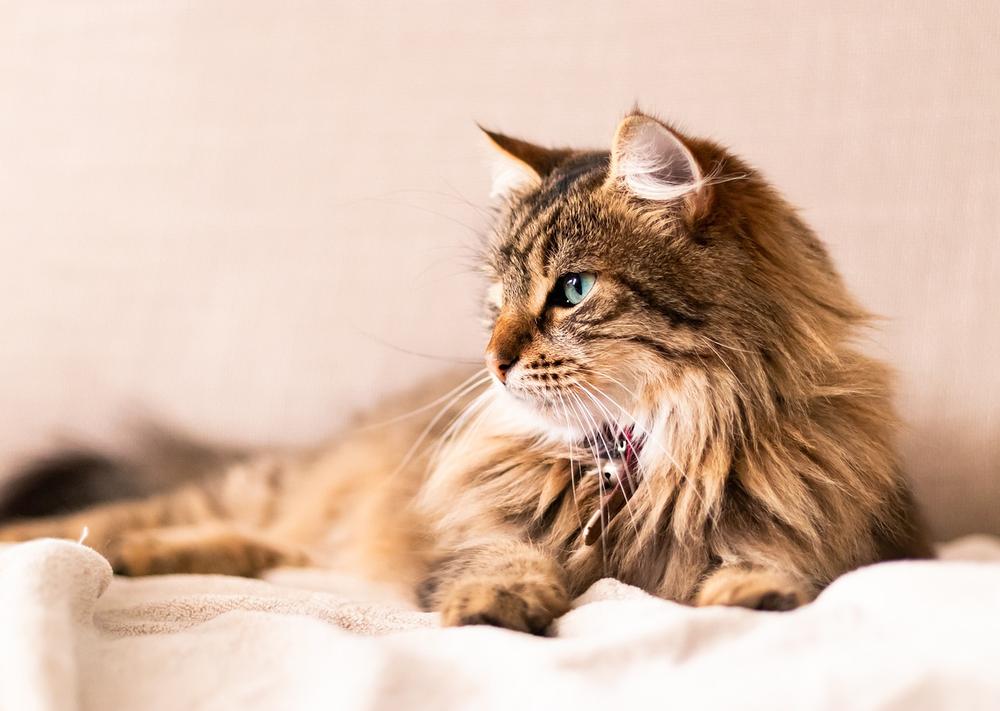
You see, cats have an inherent need to assert their dominance and protect their domain, which is precisely what we'll explore in the following section.
Join me as we unravel the fascinating world of a cat's territorial nature!
The Impact of Closed Doors on Cats' Territorial Behavior
Closed doors can have a significant impact on cats' territorial behavior.
Here's why:
- Closed doors challenge their sense of ownership and control over their territory.
- Cats view their living space as their own personal domain, making closed doors frustrating for them.
- Continuous patrolling is a natural behavior for cats, so being unable to access certain areas due to closed doors can be distressing.
- Both outdoor and indoor cats rely on their territory for essential resources like safety and food.
- Indoor cats exhibit territorial behavior as well, and closed doors disrupt their perceived territory, causing annoyance and dissatisfaction.
- Cats genuinely hate disruptions to their established territorial space.
So, if you want to keep your cat happy, try to minimize closed doors in their environment as much as possible.
Furthermore, consider providing alternative routes and paths within your home to allow your cat to navigate their territory freely. 👍
Now, you might be wondering...
If cats dislike closed doors so much, how can we effectively address this issue and build a stronger bond with our feline friends?
They’re Feeling Social
Cats are social creatures and love being around humans, so it's no surprise that closed doors make them unhappy.
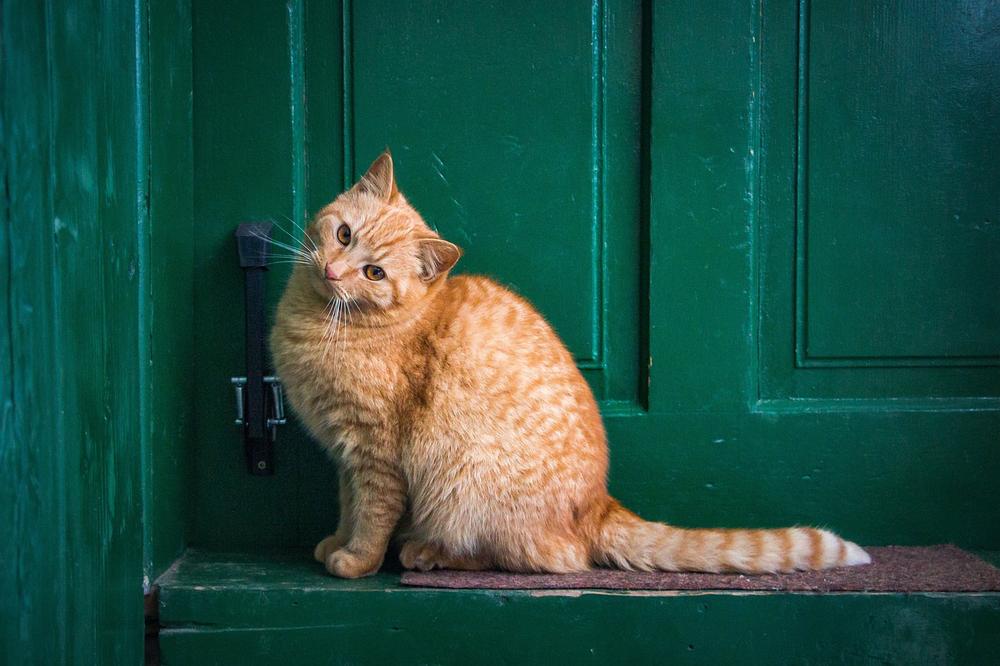
Here are three big reasons why cats hate closed doors:
- First off, separation anxiety is a real thing for these furry friends. They become attached to their owners and want to be part of the family action. When a door stands between them and you, they feel left out and try to get your attention by meowing or scratching. They just want to be with you, plain and simple.
- Have you ever heard of FOMO? Cats have it too. Fear of Missing Out is a major reason why closed doors bother them. They don't want to miss any chance for love, cuddles, or treats. Cats want to be right there beside you, enjoying every moment together.
- Finally, keeping doors open helps build trust and strengthens the bond between you and your feline companion. Giving them the freedom to explore and be part of your daily routine increases their sense of belonging and happiness.
So, knowing how social and connected cats are, you should make them feel included and loved.
So, go ahead, leave those doors wide open!
But what if your cat's dislike for closed doors goes beyond mild annoyance?
Why My Cat Hates Closed Doors: Should I Be Concerned?
If your cat hates closed doors, here are 10 possible reasons why:
- Separation anxiety: Closed doors may trigger feelings of abandonment.
- Fear of being trapped: Cats prefer open spaces and freedom to explore.
- Territory concerns: Closed doors can disrupt their sense of control.
- Need for attention: Cats feel left out when they can't access certain areas.
- Curiosity: Cats want to investigate closed-off rooms and closets.
- Frustration: Resistance to closed doors comes from a desire for accessibility.
- Disruption in routine: Changes in territory or closed-off areas cause stress.
- Noise sensitivity: Cats react negatively to muffled sounds behind doors.
- Social isolation: Closed doors impede social interactions with humans or other pets.
- Learned behavior: Past experiences of doors opening after protests reinforce the behavior.
Understanding why your cat reacts to closed doors is crucial in addressing any potential concerns.
Seek professional advice if needed.
For those wondering how to address their cat's dislike for closed doors, let me introduce you to some simple strategies that could make all the difference in creating a happier and less frustrated feline companion.
Tips and Techniques to Encourage Positive Behavior
Here's how you can encourage positive behavior in your cats:
- Give them stuff to do - interactive toys, scratching posts, or window perches are great options.
- Understand that when they scratch or meow to be let out of closed rooms, it's probably because they feel lonely or bored.
- Don't accidentally make things worse by giving in to their demands - that will only encourage them to keep doing it on purpose.
- Start teaching kittens and newly adopted cats from the beginning so they learn to accept being confined without getting stressed later on.
- Train them to see an empty room as a good thing, this way they won't mind being closed in.
- Make the closed room a nice place with toys, food, water, and a litter box - that'll make them more comfortable.
- There are other options too if your cats really hate closed doors - you can remove doors, use cat doors, or create areas where they're not allowed.
- Stay consistent and keep teaching them to be okay with closed doors, even if they complain at first by meowing, scratching, or squirming around.
- And most importantly, reward their good behavior! Praise them, give them pets, treats, or playtime - they'll love it.
By utilizing these tips and methods, you will assist your feline in becoming accustomed to doors that are shut and establish a calm atmosphere for all individuals. ✨
To thoroughly understand and address your cat's behaviors, there's one aspect that you shouldn't overlook, and that is her desire for you to watch her eat.
It may puzzle you at first, but I have created a separate blog post that delves into this intriguing behavior.
In my article, you can explore possible explanations and discover helpful solutions to better comprehend why she prefers an audience during mealtime.
So, if you're feeling curious and would like to explore further, I encourage you to check out Why Does My Cat Want Me to Watch Her Eat.
How to Keep That Door Closed Despite Your Cat’s Protest
If you've got a cat, you know how much they hate closed doors.
Cat scratching the door is a common issue that drives many households crazy.
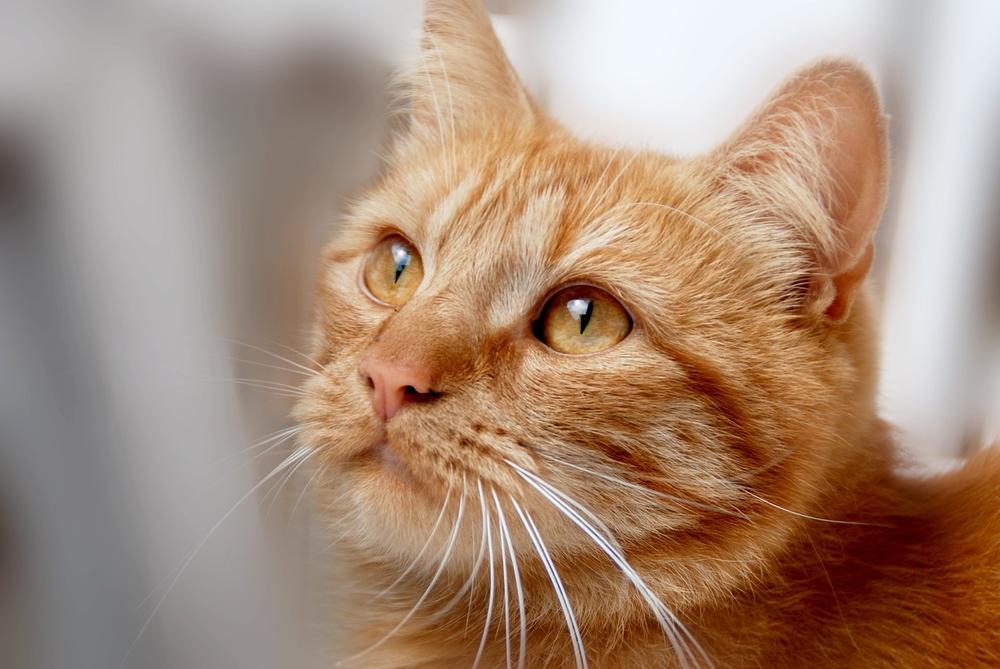
But don't worry!
There are ways to keep the door closed even when your furry pal isn't happy about it.
Here are some tips to help you live peacefully with your cat:
- Stick double-sided tape or aluminum foil on the door. Cats don't like the texture of these materials, so it'll discourage them from scratching and damaging the door.
- Make alternative paths or spaces for your cat. Install interior pet doors or use baby gates with cat doors. This way, your cat can move around freely without feeling trapped.
- Appreciate good behavior. When your cat respects the closed door and refrains from excessive scratching or meowing, give them praise and treats or playtime. Positive reinforcement works wonders!
- Get scratch-friendly surfaces. Provide lots of scratching posts and pads all over your home. By redirecting their natural scratching instincts, you can stop them from obsessing over closed doors.
Initially, your cat may protest, but they'll eventually understand and adjust.
Being patient and consistent will help your cat accept closed doors peacefully.
And that wraps up today's article.
If you wish to read more of my useful articles, I recommend you check out some of these: Why Is My Cat Obsessed With My Face, Why Does My Cat Drag My Clothes Into the Litter Box, Cat Humping While Kneading, Why Do Cats Go Crazy When It Rains, and Why Does My Cat Purr and Bite Me
Talk soon,
-Sarah Davis